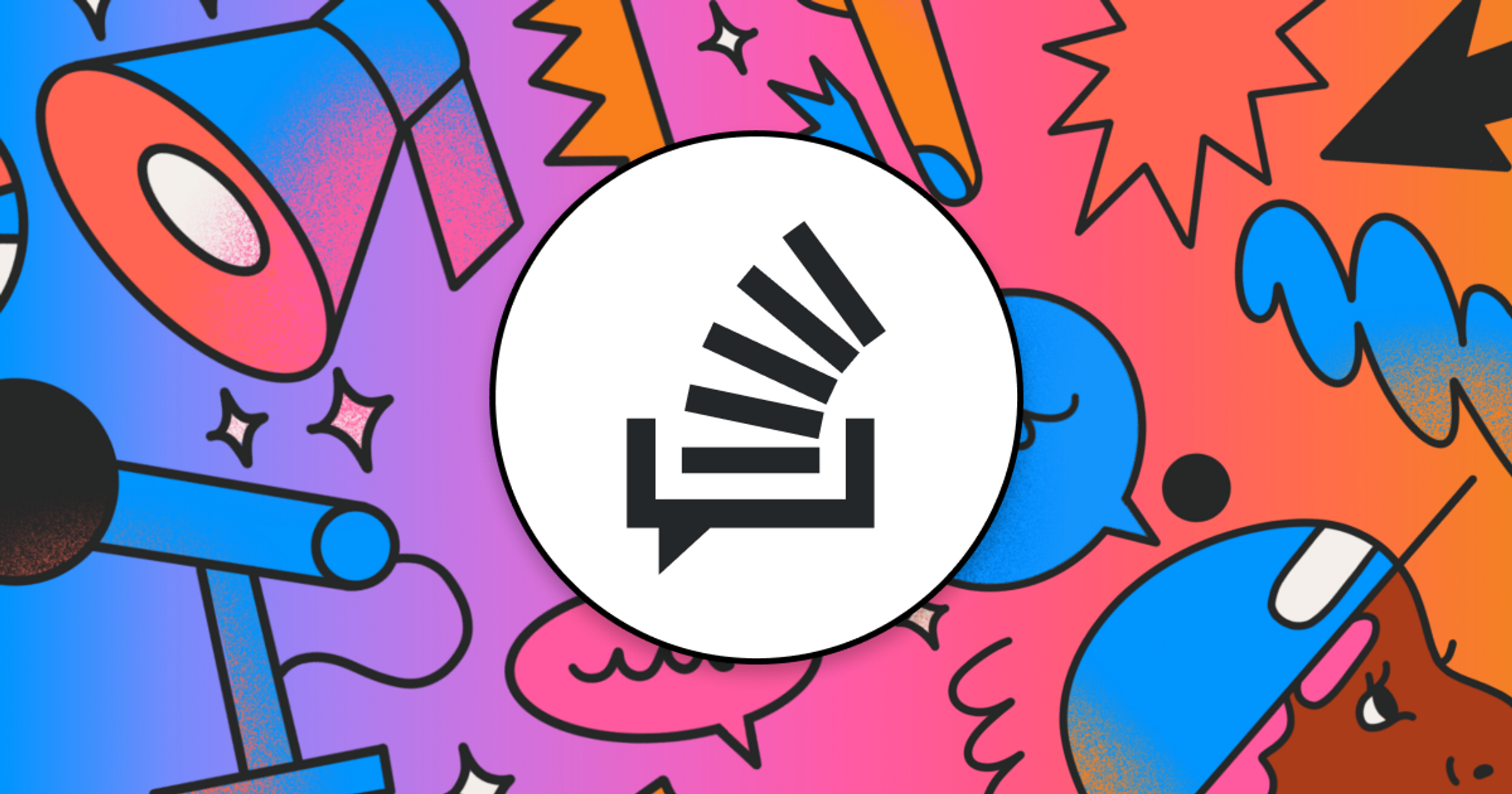The home team is joined by friend of the show Adam Lear, a staff software engineer on the public platform at Stack Overflow, to discuss AR glasses that help the blind navigate IRL and how we might reimagine cities for remote work.
Episode notes:
The crew has complicated feelings about products like Apple’s augmented reality glasses and Google Glass. Ceora put it best: “I'm very cautious about any big tech company having any more access to my perception of reality.”
On the other hand, products like Envision smart glasses that help visually-impaired people navigate their environments exemplify how AR technology can enable accessibility and empower users.
Speaking of different perceptions of reality, New York mayor Eric Adams dusts off that old chestnut about how remote workers “can’t stay home in your pajamas all day.” (Watch us.)
Matt recommends Oh My Git!, an open-source game that teaches Git. Ceora recommends Popsy, which allows you to turn your Notion pages into a website for free.
And some recommended reading: How to make the most out of a mentoring relationship from the GitHub blog and How to use the STAR method to ace your job interview from The Muse.
Today’s Lifeboat badge goes to user metadept for their answer to Generate a two-digit positive random number in JavaScript.
Find Adam on LinkedIn here.
